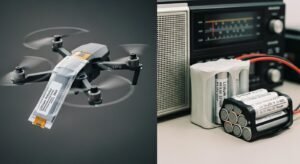
The Edge of LiPo Technology Over Li-Ion Cells
LiPo technology differs from Li-Ion cells by using a flexible pouch and gel electrolyte, enabling lighter, custom-shaped batteries with superior
11 Jahre Hersteller von Lithiumbatterien

LiPo technology differs from Li-Ion cells by using a flexible pouch and gel electrolyte, enabling lighter, custom-shaped batteries with superior
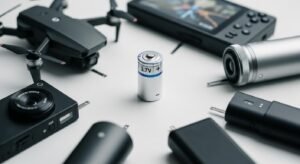
Find the best 3.7V lithium-ion battery for your project. This guide reviews top options like the 18650 for all-around use,

Maximize your 3.7V Li-Ion battery’s lifespan by charging to 80%, avoiding 0% drains, and storing at 50% charge in a

Understand 3.7V Li-ion discharge curves to see how C-rate and temperature affect capacity. Implement optimal usage patterns, like the 20-80%
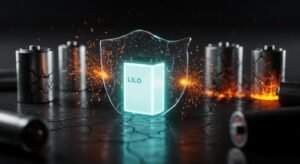
LiLO battery technology offers superior safety by resisting thermal runaway, unlike ternary lithium batteries. Learn how its stable chemistry provides
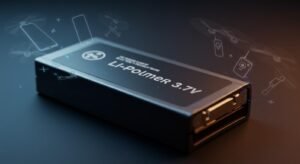
Get details on a battery li polymer 3.7V, covering its performance metrics, applications in electronics, and essential safety protocols for

Get your 2025 guide to round lithium batteries. Compare cylindrical, button, and LiPo types for electronics, EVs, and medical tech.
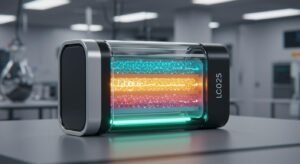
LCO battery technology offers high energy density, making it ideal for phones and electronics. It differs from ternary batteries by

Understand Li-Polymer battery air travel restrictions. All spare batteries and power banks must be in your carry-on. Devices in checked

Get a complete guide to the LiFePO4 battery series. Compare 12V, 24V, and 48V types, their applications, and learn how
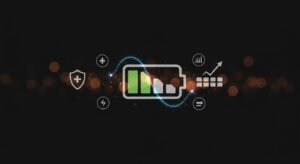
Battery balancers extend battery life by ensuring every cell in a pack maintains an equal charge. This prevents overcharging and
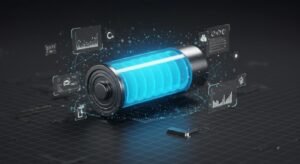
The main difference is reusability. Lithium-ion batteries are rechargeable for devices like phones, while single-use lithium batteries offer a long
Guangdong Yungbang New Energy Co, Ltd.
Copyright © 2013. Alle Rechte vorbehalten.